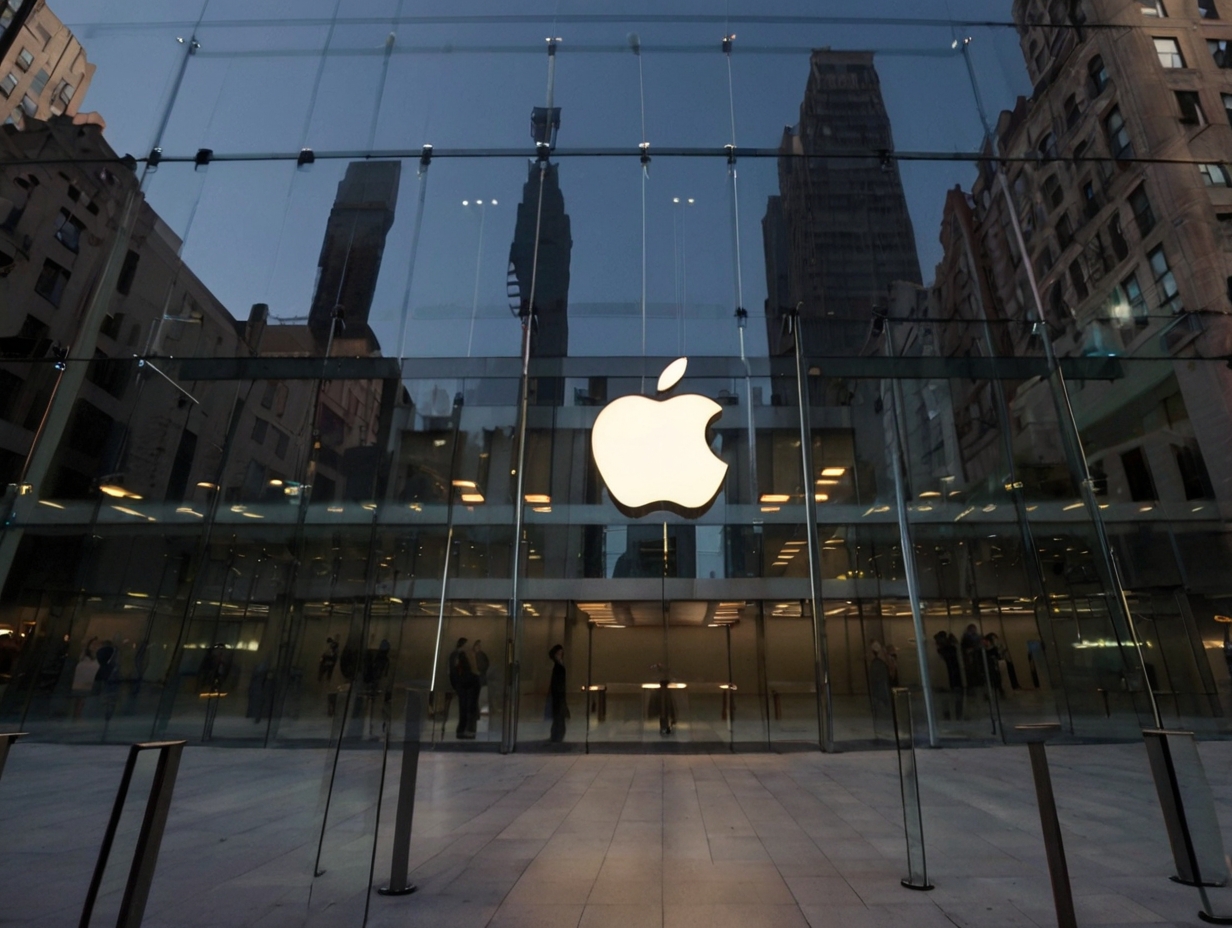The U.S. Department of Justice, along with 15 states, has filed a lawsuit against Apple, accusing the tech giant of monopolizing the smartphone market, stifling competition, and inflating prices. The lawsuit underscores the government’s intensified scrutiny of dominant players in the technology industry. It alleges that Apple’s business practices have led to higher prices for consumers and hindered competition in the smartphone market.
Intensified scrutiny of Apple’s business practices
The lawsuit contends that Apple’s pricing strategy, which includes charging as much as $1,599 for an iPhone, results in higher profits compared to its competitors. Additionally, the Department of Justice claims that Apple imposes fees on various business partners, including software developers and credit card companies, ultimately raising prices for consumers and boosting Apple’s profits.
The lawsuit delves into Apple’s long-standing business model, which emphasizes premium pricing and tight control over its products and services. From its origins as a minor player in the personal computer market, Apple has built its brand on offering high-quality technology products with limited user customization options.
The Department of Justice seeks to challenge this business model by pushing for greater consumer choice and competition in the smartphone market.
Calls for reform and industry impacts
Attorney General Merrick Garland emphasizes the importance of challenging anticompetitive behavior to prevent further strengthening of Apple’s smartphone monopoly. The government seeks structural changes at Apple, potentially including breakup or size reduction measures, to promote competition, lower prices for consumers, and foster innovation in the industry.
The lawsuit aims to free smartphone markets from Apple’s alleged anticompetitive practices and restore competition, leading to lower prices for consumers and reduced fees for developers. By challenging Apple’s dominance, regulators hope to create a more level playing field that encourages innovation and choice in the smartphone industry.
Apple’s response and world implications
Apple denies the allegations, stating that the lawsuit threatens its ability to innovate and deliver high-quality technology products. The company defends its business practices, arguing that they are essential for maintaining its brand identity and ensuring the quality of its products and services. While the lawsuit focuses on the U.S. smartphone market, its outcome could have broader implications for Apple’s global operations.
The Department of Justice seeks to define the market as the U.S. smartphone market, where Apple holds a significant market share. However, Apple representatives aim to persuade the court to consider the global smartphone market, where the iPhone’s market share is smaller.
Apple has faced antitrust probes and legal challenges in various jurisdictions, including Europe, Japan, and Korea. In Europe, the Digital Markets Act has dismantled Apple’s App Store business model, prompting the company to adapt its policies.
Additionally, Apple, along with other tech giants like Meta Platforms and Alphabet’s Google, faces potential fines in Europe for alleged violations of antitrust laws.
The lawsuit against Apple marks another significant development in the ongoing scrutiny of Big Tech by government regulators. As the Department of Justice seeks to challenge Apple’s dominance in the smartphone market, the outcome of the lawsuit could have far-reaching implications for competition and innovation in the technology industry.
As the legal battle unfolds, both Apple and regulators will continue to make their respective cases in pursuit of their objectives.





